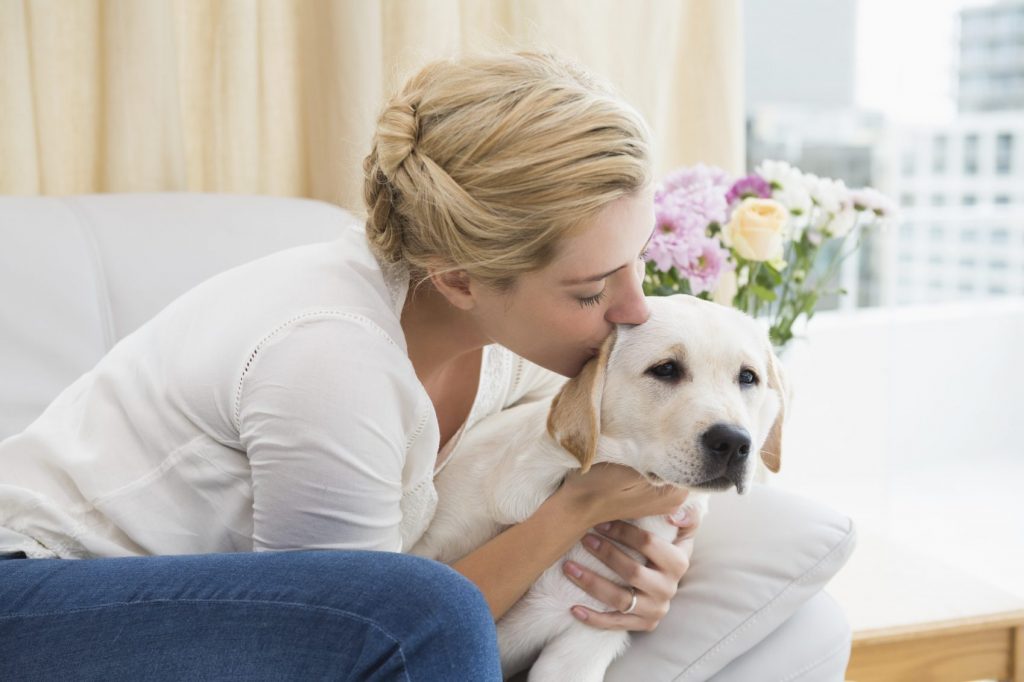When Domestic Abuse Happens
During a domestic abuse situation, it’s important to remember not only those who seek shelter from an abuser but also the welfare of their pets. For many of these victims, pets are their children and they are lost without them.
Sadly, not all human shelters accept pets and we wanted to provide some helpful tips if you ever find yourself or a loved one in a situation where they need to escape with furry friends in tow.
Domestic violence can come in a surprise attack or be the result of long years of abuse. And our pets see and hear all of it. In many ways, they experience pet abuse as well and can become frightened easily.
There are programs to help keep animals and their owners together. If you are a victim of domestic abuse, check out a website like SafePlaceforPets.org, an online directory of pet support programs.
Staggering Statistics
The National Coalition Against Domestic Violence shared some surprising statistics. As a means of psychological control, nearly three-fourths of pet-owning women who entered shelters report that their abuser has either injured or killed their pet or threatened to do so.
In 2004, a study showed that as much as 65% of victims of domestic abuse stayed with their batterers out of concern for their pets. And 52% of shelter victims say they left their beloved pets with their abusers because they just didn’t know what else to do.
RedRover
This organization has a program that helps victims and their pets stay safe by offering financial assistance through their RedRover Relief program.
Since its start in 2007, RedRover has given away thousands of dollars in grants to help take care of family pets who are displaced as a result of family violence.
Animal Welfare Institute
AWI has been around since 1951 and have an entire page dedicated to lists of shelters that can either help the fur bearing victims of domestic abuse, can help find a shelter for both human and pet or has referrals to facilities that can help.
They provide an interactive map of the U.S. where you can put in a zip code and search for help within a certain distance around where you live through their Safe Havens Mapping Project.
Tips
If you find yourself in a domestic violence situation, the American Humane Society recommends that you contact your local humane society, SPCA or even your veterinarian to see if they know of any facilities that provide temporary foster care for your pets.
Next, make sure your pet is up to date on all her vaccinations including rabies. Having a pet license in your name in the county in which you live is also recommended.
While this isn’t always the first on everyone’s list, think about what you will do with your pets if you are experiencing domestic abuse. Have a “go” bag ready with your pets’ food, medications and health records should you need to leave home quickly.
If taking your pet with you isn’t a viable alternative, make arrangements with a family member, friend or vet to drop your pet off where she will be safe from any further harm and where you know she’ll be cared for.
Resources
Here is a list of some resources to keep handy:
- National Domestic Violence Hotline: 1-800-799-7233
- National Resource Center on Domestic Violence — http://www.nrcdv.org/
Domestic violence is something that can happen to anyone and we need to make sure that humans as well as pets are safe from their abusers.










